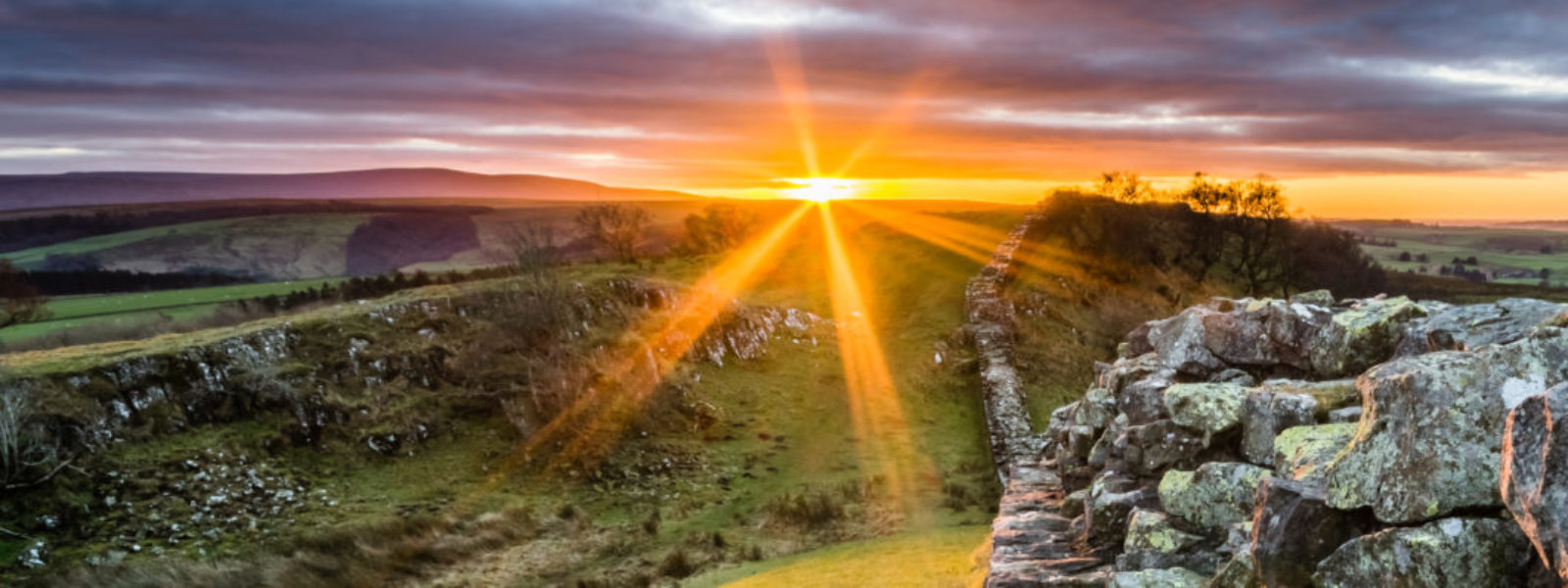Persona Q&A
What year and place is it?
It is 1110 AD deep in the Cheviot Hills of Northumbria, England. I was born in 1075, after the Conquest and before the Harrowing of the North. I gave birth to my son in 1097 and was widowed in 1100, the same year that King William Rufus of bloody memory died. And good riddance too. At 35 I am an mid-aged adult. Peasant women age more quickly than women in my position and I am healthy, so I expect to live to 50 or even older.
What is your name and how did you get it?
My name is Caitlin Christiana Wintour, born in the village of Sharperton in northern England. My mother had thought to be a nun when she was young. She married my father instead but sought to honor Christ in my naming. “Caitlin” is a Gaelic form of “Katherine,” which means “pure” (Greek katharos). “Christiana” is a Greek form of “Christina,” which means “Christ-bearer.” I know this because my mother learned to read and write at the convent and taught me with my father’s permission. Ladies in the south of England are more inclined to be able to read and write, but it is more rare up here in Northumbria.
What station or class are you of? Is this the same as the station or class you were born to? Do you have a heraldic device?
I am gently born to a median-thegn. My husband Erik was born a ceorl but through his father’s hard work and his, prospered their farm so he was granted this same rank. Alfred the Great says, “And if a ceorl throve, so that he had fully five hides of his own land, church and kitchen, bellhouse and burh-gate-seat, and special duty in the king’s hail, then was he thenceforth of thegn-right worthy.”
I hold dual citizenship in England and Caid. In Caid I am a Laurel and peer and am called Mistress Caitlin. In Northumbria I am in rank a great ides (i-duhs, a lady or noblewoman) and I am titled Hlafdige (HLAV-dee) Caitlin.As for arms, Northumbria has not developed heraldry so I derive a grant of arms from my dual Caid citizenship.
Are you wealthy, poor?
We are well off in land and I receive rents from sub-tenants. There is not a good deal of hoarded coin but there is enough for new wardrobes every year, payment and support for my son and our people including styweard (STEE-way-ard=steward), weavers, maids, coc (cook), haeleth (HAHL-eth=men/warriors), sceaphierdea (SHAY-op-hee-urda=shepherds), and ceorls (churls). We no longer own theows (THEY-ows=slaves) as that is frowned upon by the church, and I was never comfortable with it myself. And of course we also provide clothing for the household, food, seed, equipment, and animals. It is an expensive concern but my farm of Fairhall is a prosperous holding.
Is this likely to change under Norman rule?
I pray God not. As remote as we are, we pay our rents on time to Lord Robert, the Norman knight who holds this demense. We also gift his household with our fine mutton and wool and further depend on the bonds of kinship through my cousin Alienor, who married Robert three years ago and has borne him two sons. It is becoming more common for the Normans to marry native English women which has brought more families into safe harbor. Our king Henry has just married a great English lady and we praise God for our own good queen.

Leave a Reply